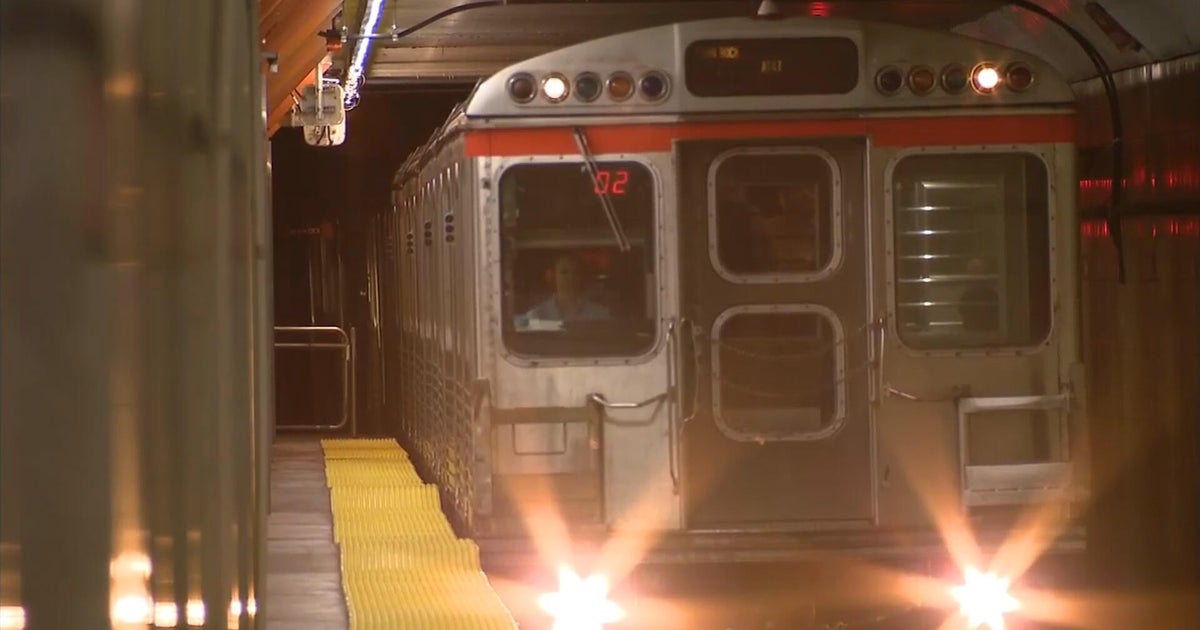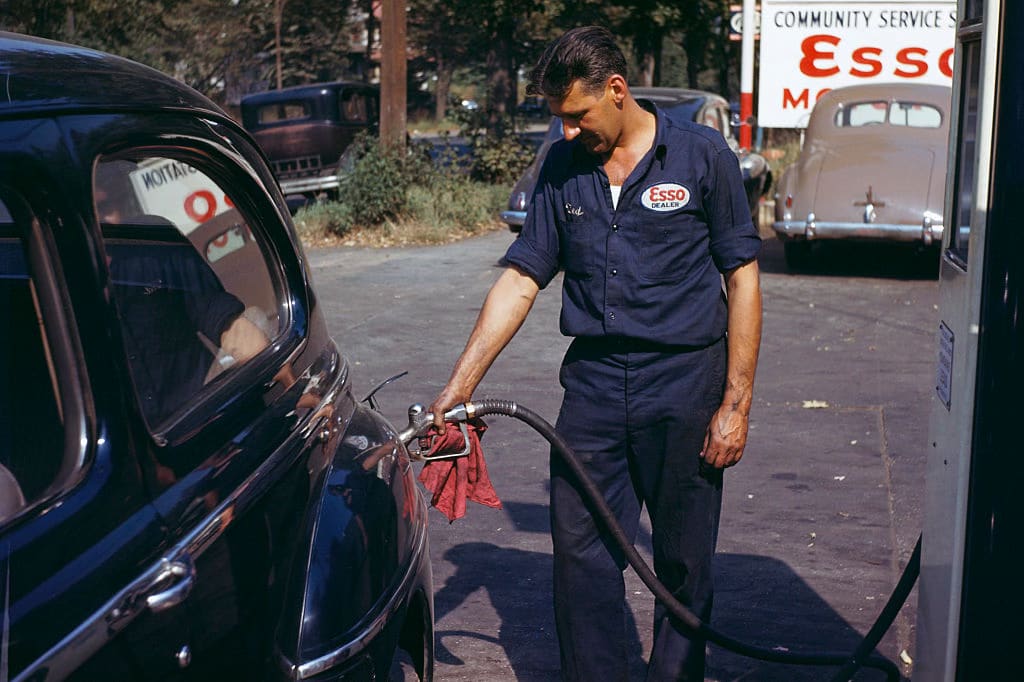Gas supply could take several days to return to normal due to "hysteria" after pipeline cyberattack
The Colonial Pipeline runs from Houston, Texas, all the way up to New Jersey. But the gas-buying panic hit almost all the states in between, including Florida, which is a state only partially supplied by the pipeline after a cyberattack forced the company to take some of its systems offline last Friday.
The company says it could take several days before supply returns to normal, but it's welcome news for those waiting hours to pick up gasoline. "It's like the toilet paper fiasco all over again," one driver told CBS News' David Begnaud.
Desperation reached a tipping point at the pumps in the Southeast this week. Gas Buddy, a company dedicated to finding real-time fuel prices and locations, reported that 74% of gas stations in North Carolina are facing outages. In Georgia, half the gas stations are out of service. South Carolina and Virginia are also facing shortages. However, oil company experts say the shortages aren't entirely due to a lack of supply, but a higher demand.
"There is fuel available. It's just when everybody's buying it at the same time, due to hysteria, then it creates gaps in the supply chain, and that's just what we're seeing here," said Matt Bogue, vice president of Dutch Oil Company.
The crisis is near its end — Colonial Pipeline announced Wednesday that it has begun restarting pipeline operations. Still, it may take a while for things to return to normal at the pump.
"These are going to be local inabilities to move supply to where the demand is when the demand hits. And that's going to take about 48 hours," said Kent Moors, executive chair of the Energy Capital Research Group.
The FBI says a hacking group known as Darkside, believed to be based in Russia, was behind it. Colonial Pipeline has declined to say whether it paid a ransom to the hackers. However, in a statement, the company said safety was its "primary focus" and that it would "conduct a comprehensive series of pipeline safety assessments."
Sean Joyce, a former FBI deputy director and cybersecurity expert, said private companies need to work together with the federal government to combat future attacks.
"In the private sector, companies are really left to defend themselves. And on some of these sophisticated adversaries like nation-states and organized crime groups, that is a very difficult proposition," he said.
President Biden signed an executive order on Wednesday to strengthen the country's cybersecurity defenses, but it does not include privately-run infrastructures like oil and gas pipelines. The private sector owns more than 80% of the country's energy infrastructure.



